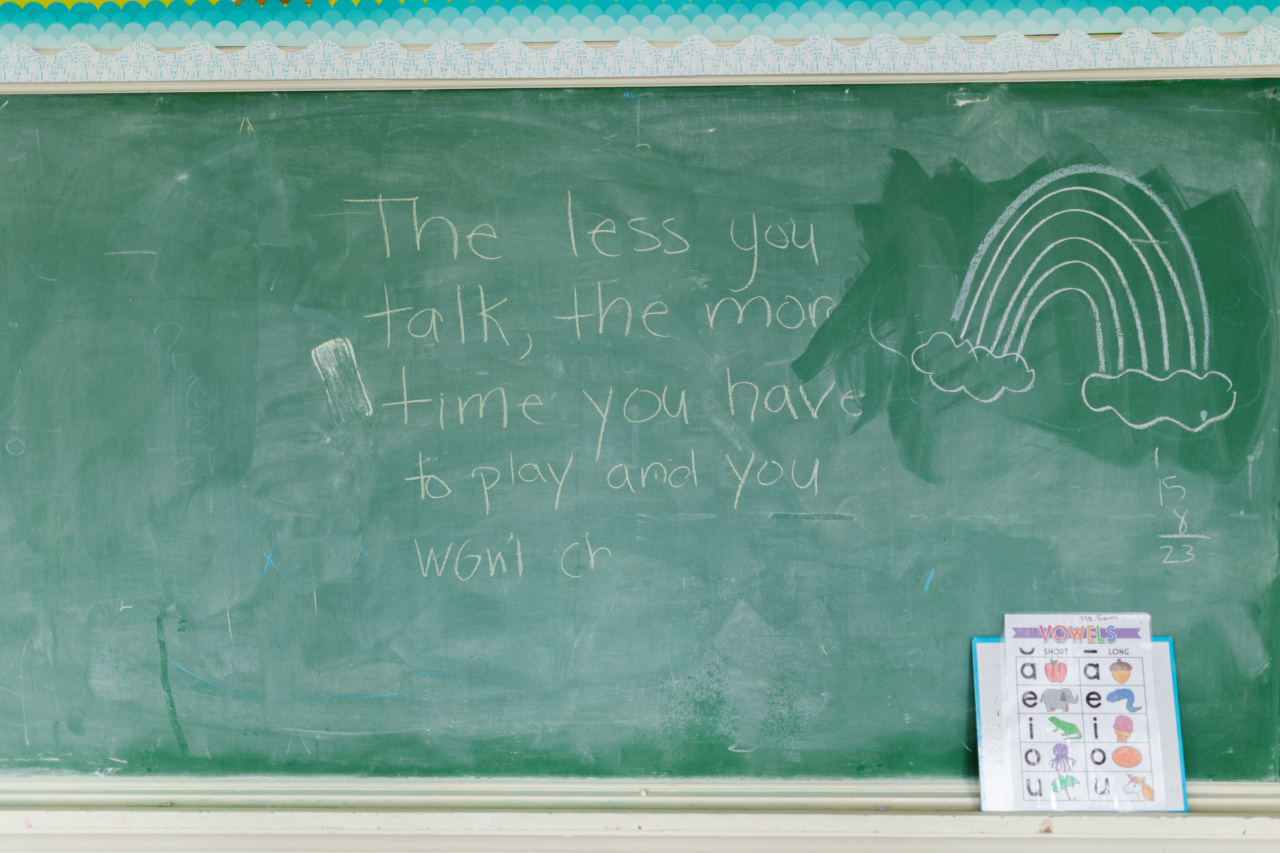School bullying is a serious problem that affects many students all over the world. No child should feel unsafe or unprotected at school, but unfortunately, bullying remains a widespread issue that often goes unaddressed.
As someone who has personally experienced bullying, I understand how challenging it can be to navigate this difficult situation. In this article, I will offer some practical advice on how to handle school bullying and protect yourself or your child from being bullied.
What is bullying?
Bullying is any repeated and intentional behavior that aims to hurt, harm, or intimidate another person. It can take many different forms, including physical, verbal, and social bullying.
Physical bullying involves hitting, pushing, or tripping someone, while verbal bullying includes name-calling, teasing, or insulting someone. Social bullying involves excluding someone from a group or spreading rumors about them.
Why does bullying happen?
Bullying can happen for many reasons, but it is often related to power imbalances. The bully may feel insecure or powerless in some way, and they use bullying to feel better about themselves and assert their dominance over others.
Bullying can also be a learned behavior, as the bully may have experienced it themselves or witnessed it in their environment. In some cases, bullying may be a result of social or cultural norms that condone aggressive behavior.
What are the effects of bullying?
The effects of bullying can be devastating and long-lasting. Bullying can cause physical injuries, emotional distress, and long-term psychological problems. Victims of bullying may experience anxiety, depression, low self-esteem, and social isolation.
They may also feel unsafe and unsupported at school, which can affect their academic performance and overall well-being.
What can you do if you or your child is being bullied?
If you or your child is being bullied, it is important to take action to address the situation and protect yourself or your child from further harm. Here are some practical steps you can take:.
1. Talk to someone you trust.
If you or your child is being bullied, it is essential to share what is happening with someone you trust. This could be a teacher, a counselor, a parent, or a friend. Talk to them about how you feel and ask for their help and support.
They may be able to give you advice on how to handle the situation or intervene on your behalf.
2. Document the bullying.
Keep a record of the bullying incidents, including the date, time, location, and details of what happened. This can be helpful if you need to report the bullying to school authorities or law enforcement.
It can also help you to remember the specifics of the incidents and how they made you feel.
3. Respond assertively, not aggressively.
When you are being bullied, it can be tempting to fight back or retaliate. However, this can often escalate the situation and make it worse.
Instead, respond assertively by stating your boundaries and making it clear that you will not tolerate the bullying. For example, you could say, “Stop bullying me. I don’t like it and I won’t accept it.”.
4. Seek professional help.
If you or your child is experiencing emotional distress or other negative effects from bullying, it may be helpful to speak with a mental health professional.
They can provide support, guidance, and treatment to help you or your child cope with the effects of bullying and overcome any lasting effects.
5. Report the bullying to school authorities.
If you are being bullied at school, it is essential to report it to school authorities, such as a teacher, principal, or counselor. They have a legal obligation to address bullying and protect students from harm.
Be sure to provide specific details of the incidents, including any witnesses or evidence that may be available.
6. Stay safe online.
Bullying can also occur online, through social media, text messaging, or other digital platforms. If you or your child is being cyberbullied, it is important to take steps to protect your online safety.
This may include blocking or reporting the bully on social media, changing your privacy settings, or seeking help from law enforcement if necessary.
Conclusion
School bullying is a serious problem that can have lasting effects on the victims. However, there are practical steps you or your child can take to address the situation and protect yourselves from further harm.
Remember to talk to someone you trust, document the bullying, respond assertively, seek professional help if necessary, report the bullying to school authorities, and stay safe online. With support and guidance, you can overcome the effects of bullying and find a way forward.































